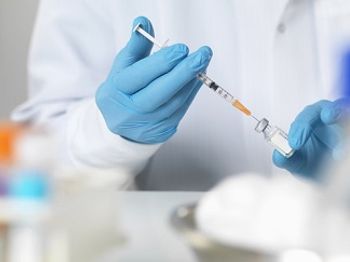
As Coronavirus Spreads Rapidly, Drug, Vaccine Development Attempts to Keep Pace: Public Health Watch
There could be viable options within a few months, but will it be in time to contain an outbreak?

There could be viable options within a few months, but will it be in time to contain an outbreak?
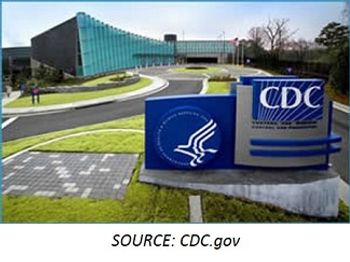
The US Centers for Disease Control and Prevention Advisory Committee on Immunization Practices has released the 2020 Recommended Immunization Schedule for adults.
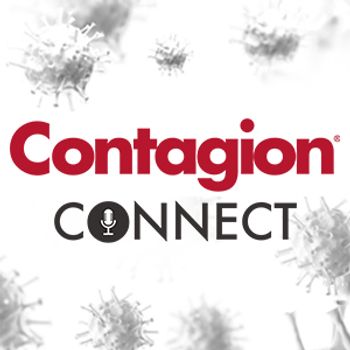
In this episode, our guests compare the West African Ebola outbreak to the ongoing outbreak in the Democratic Republic of the Congo.
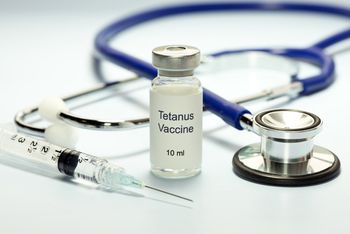
The CDC’s Advisory Committee on Immunization Practices have updated vaccine recommendations to allow interchangeable use of Tdap and Td in some cases.

A new study provides evidence that there was no change in herd immunity among more than 34,000 students in Australia with moderate to high vaccination rates.
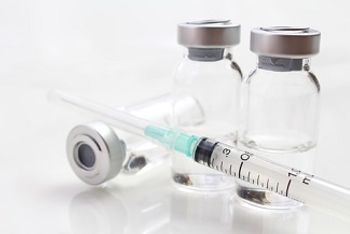
A study comparing immunogenicity, safety, and interchangeability of JENVAC to an SA 14-14-2 strain derived vaccine has found JENVAC offers statistically higher immunological measures.

Despite children’s higher risk of complications from influenza, few US child care centers report influenza vaccine requirements for children and/or adult care workers.

Pharmacists have the opportunity to take a lead role in providing education on the importance of vaccines in protecting people from preventable illnesses, according to a session which took place at the American Society of Health-System Pharmacists (ASHP) 54th Midyear Clinical Meeting & Exhibition.
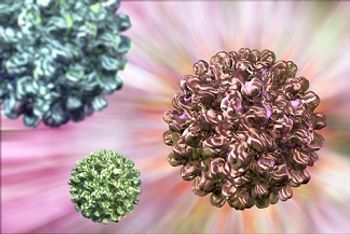
Combining financial incentives and accelerated vaccine schedules may improve hepatitis B vaccination completion among people who inject drugs who are at high risk for the infection, according to a new study.
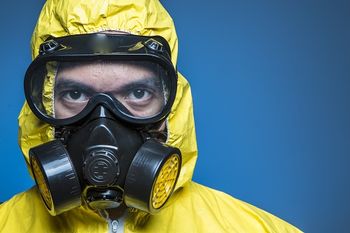
The MMWR contains new recommendations pertaining to large scale emergency response protocols.
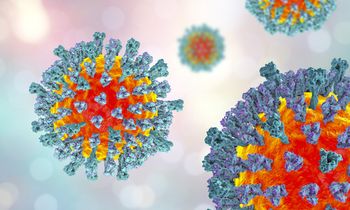
Global efforts to eliminate measles took a step backward, with the number of cases rising to 353,236 in 2018, up 167% from 132,413 cases in 2016.
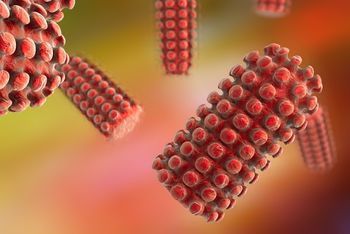
Incorporating a signaling protein known as B cell activating factor into the rabies vaccine improved speed and strength of the antibody responses, investigators at Thomas Jefferson University found.

A new study examines the association between vaccine-preventable disease incidence and state vaccine exemption legislation.
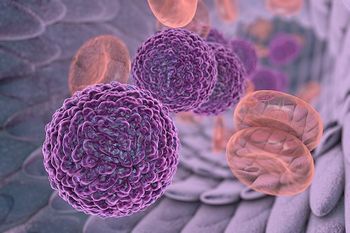
The vaccine candidate, TAK-003, is based on a live-attenuated dengue serotype 2 virus, which provides the genetic “backbone” for all 4 serotypes.

Modified vaccinia Ankara vaccination showed efficacy protecting against smallpox in a phase 3 clinical trial, with fewer adverse events reported compared to the ACAM2000 vaccine group.
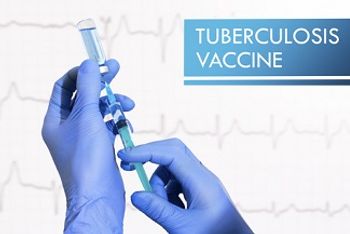
Study authors recommend further investigation of M72/AS01E for tuberculosis prevention and consider the trial results progress toward an efficacious vaccine.

While most influenza vaccines target the binding protein hemagglutinin, a new study shows cross-strain results for treatment and prevention focused on the glycoprotein neuraminidase.
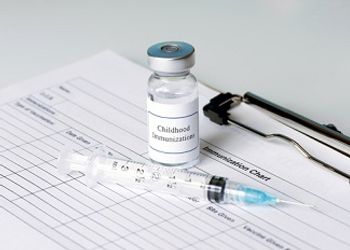
An analysis of vaccination data among children born in 2015 and 2016 found high and stable coverage, but highlighted sociodemographic disparities in coverage.
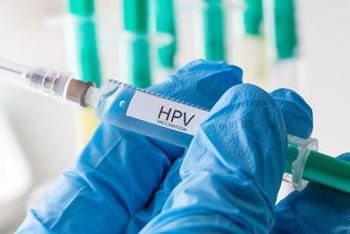
A study of female adolescents at a health clinic in New York City has found the presence of HPV in the oral cavity is not uncommon, but the results also offer support for vaccination.

H3N2, a particularly virulent strain of influenza, blew through Australia. Is it coming to the United States this fall and winter?
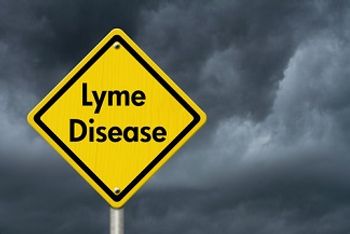
A group provides an overview of ongoing research and current approaches being evaluated for the prevention of tick-borne disease.

Kindergarten vaccination coverage is near the recommended 95%, but nonexempt holdouts, which could be addressed, can still lead to outbreaks.
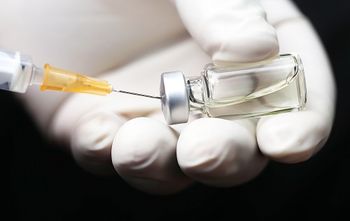
Using a unique approach of targeting the stalk of the hemagglutinin, investigators are taking steps toward developing a universal influenza vaccine candidate.
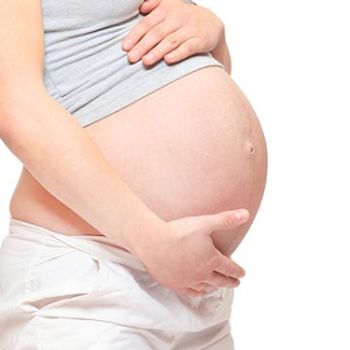
Millions of women and infants remain vulnerable to influenza and pertussis despite recommendations for vaccinations in pregnancy, according to a CDC report.
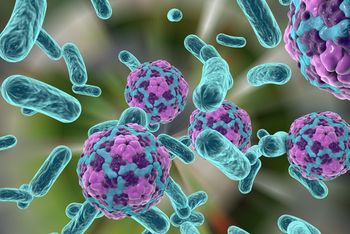
Reported hepatitis A vaccinations consistently fell below potentially achievable coverage between 2008 and 2017, highlighting the need for to improve simultaneous administration of childhood vaccines, according to the CDC.